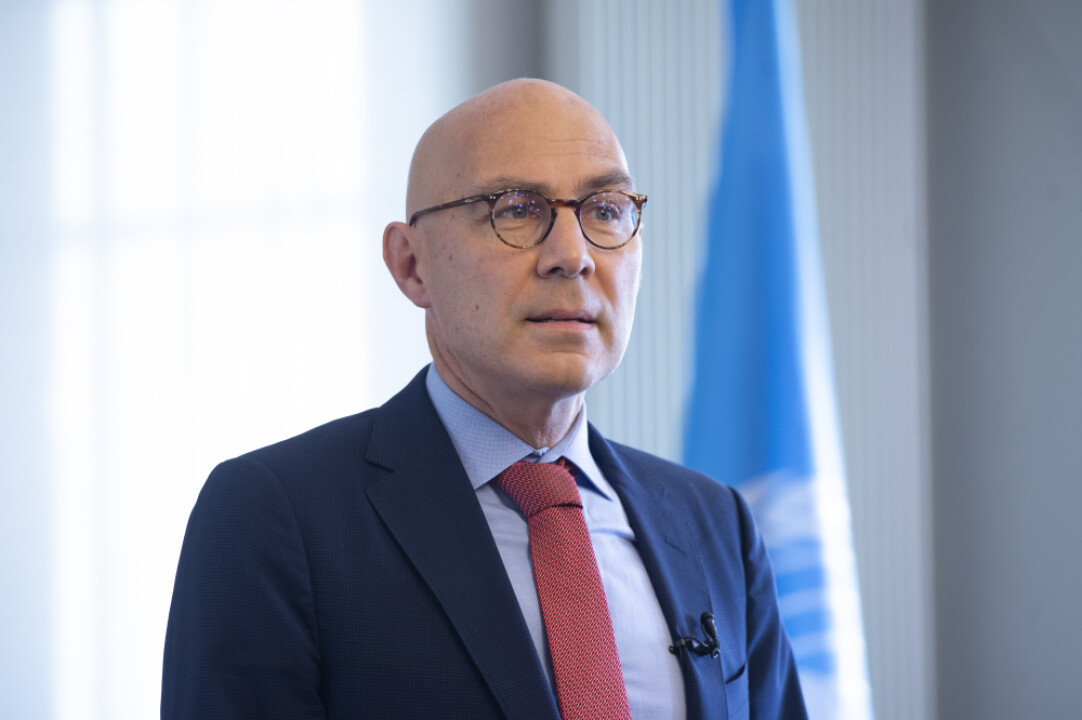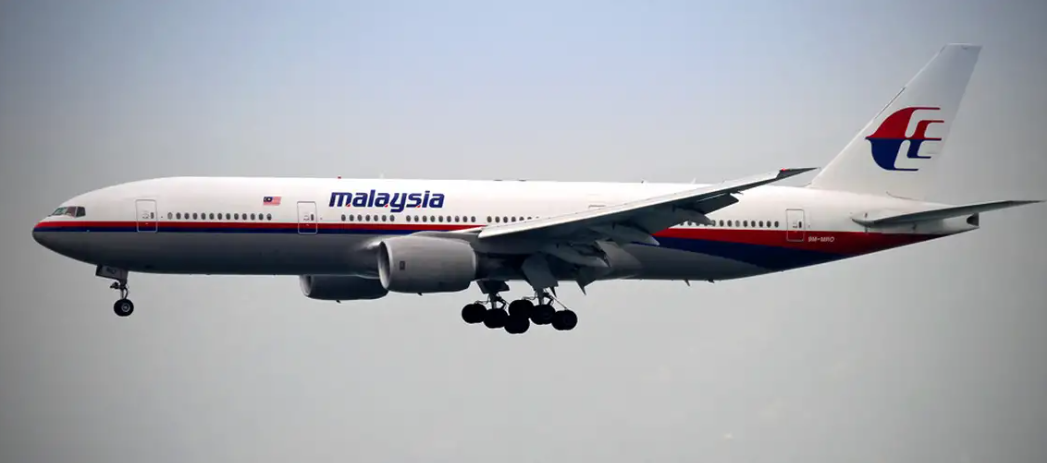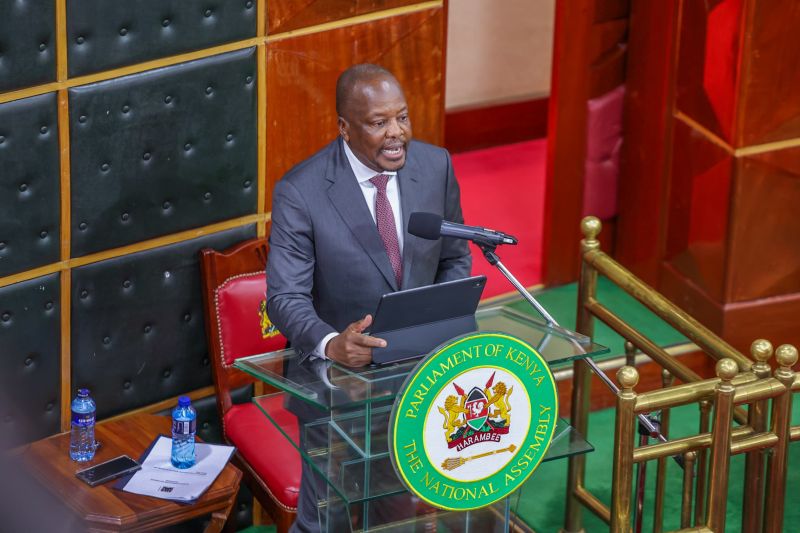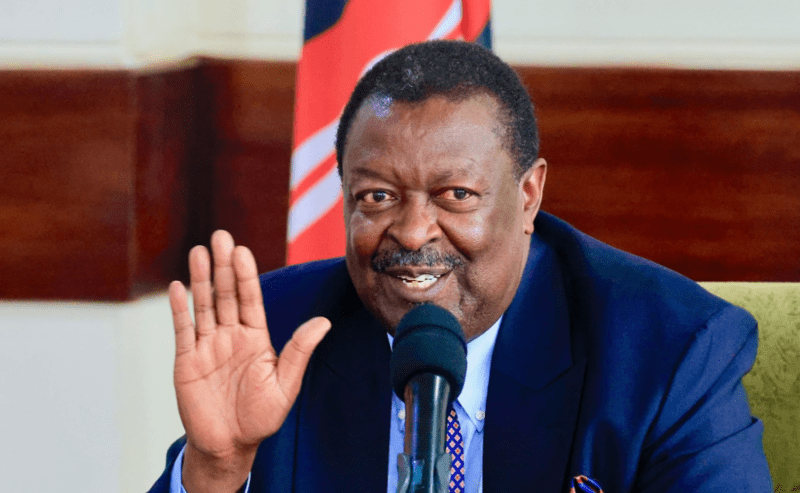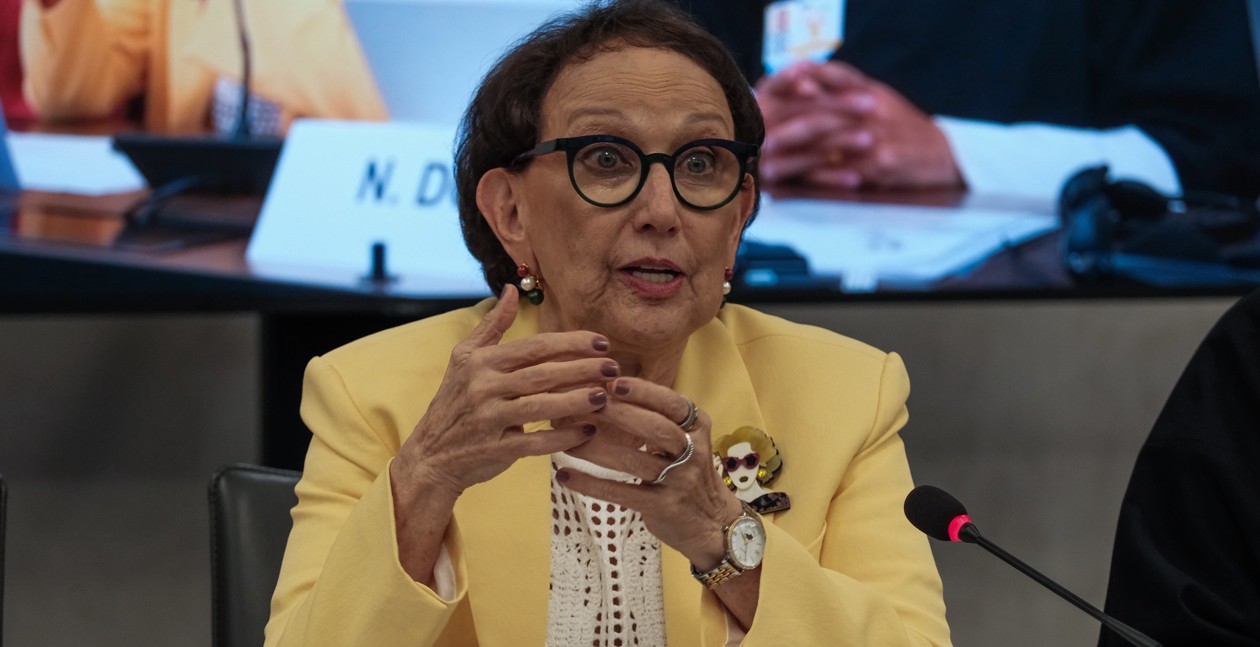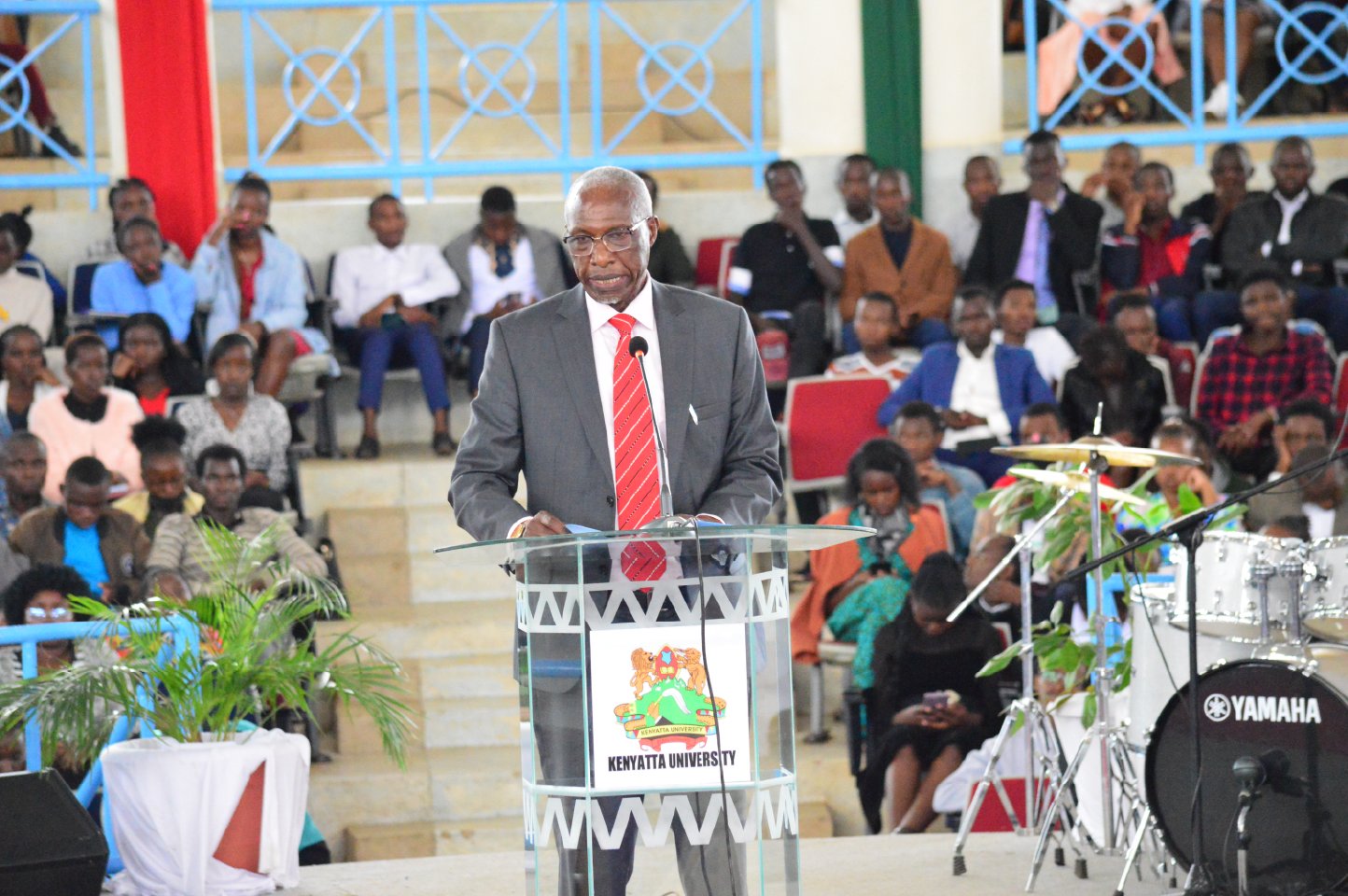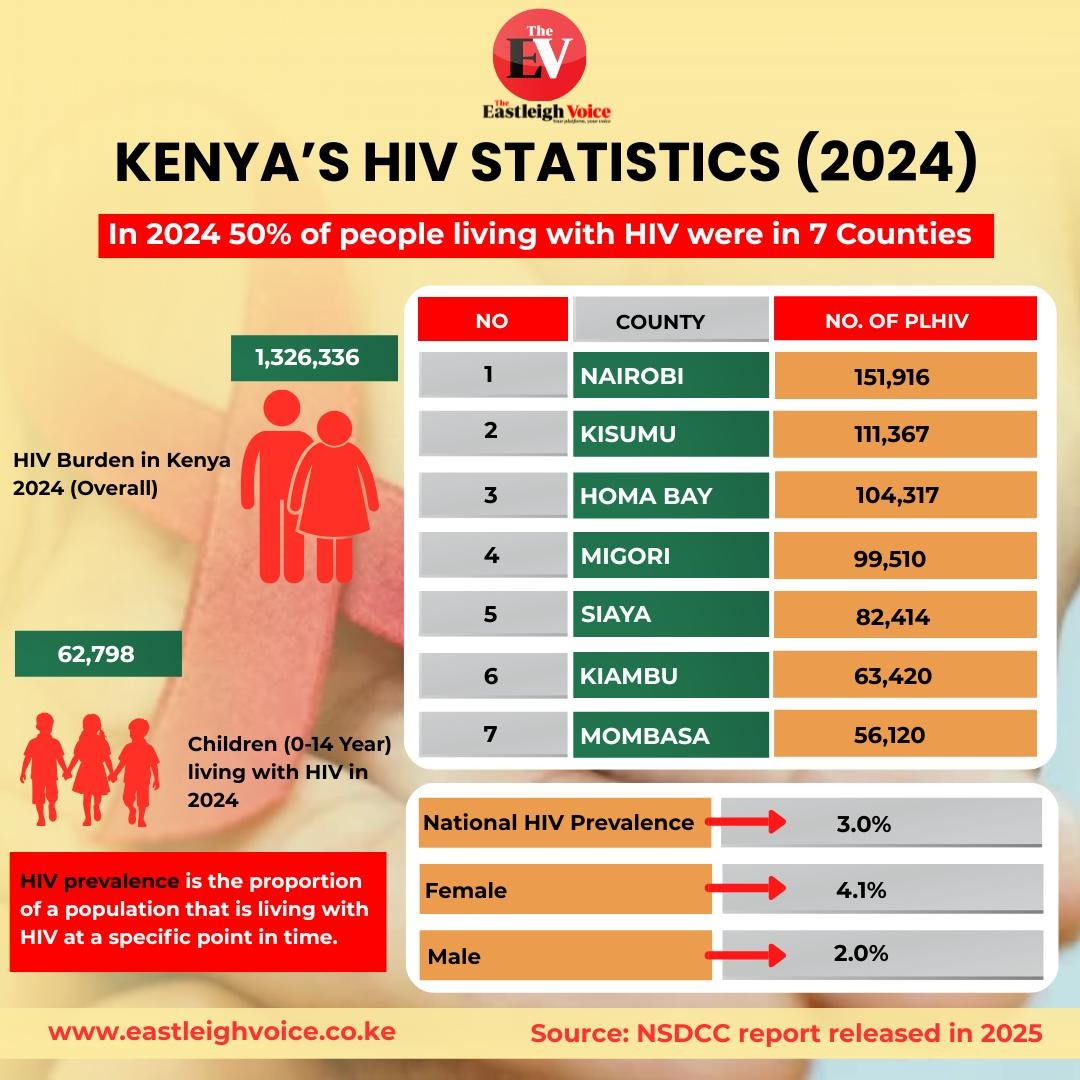New Bill seeks to end political patronage in diplomatic postings

The Bill, sponsored by Mwingi West MP Charles Nguna Ngusya, aims to amend the Foreign Service Act, Cap 185E, to strengthen professionalism and enhance the quality of Kenya’s foreign representation.
A new law before the National Assembly could soon ensure that most of Kenya’s ambassadors and high commissioners are career diplomats rather than political appointees.
The proposed Foreign Service (Amendment) Bill, 2025, seeks to make 70 per cent of diplomatic appointments reserved for professionals with diplomatic experience, leaving only 30 per cent for non-career appointees who must still demonstrate relevant expertise in diplomacy or international relations.
More To Read
- MPs push for urgent funding boost for Auditor General’s office
- Judiciary faces Sh576.6 million pending bills amid budget review
- Senators summon Mudavadi over harassment, detention and deaths of Kenyans abroad
- Parliament pushes Public Participation Bill to streamline hearings
- President Ruto to deliver State of the Nation address on November 20
- Wetang’ula decries 'disruptive' conservatory orders, urges judicial restraint
The measure is designed to curb the long-standing practice of using ambassadorial positions as a soft landing for politicians who have been dismissed from office.
The Bill, sponsored by Mwingi West MP Charles Nguna Ngusya, aims to amend the Foreign Service Act, Cap 185E, to strengthen professionalism and enhance the quality of Kenya’s foreign representation.
“The proposed law seeks to ensure that most appointees to positions of ambassador, high commissioner, and permanent representative are career diplomats, to maintain professionalism in the foreign service,” the Bill states.
Currently, the law allows appointments to reflect a “fair balance” between career and non-career diplomats under Section 20 of the Foreign Service Act. The draft amendment, now in the pre-public scrutiny stage, aligns with Sessional Paper No.1 of 2025 on Kenya’s Foreign Policy.
It also reinforces Article 132(2)(e) of the Constitution, which empowers the President to nominate ambassadors and high commissioners with National Assembly approval.
The National Assembly’s Departmental Committee on Defence, Intelligence and Foreign Relations, chaired by MP Nelson Koech, is reviewing the Bill.
The committee is set to receive input from the Office of the Attorney General and the Kenya Law Reform Commission.
In recent years, some appointees to the Foreign Service have been former Cabinet Secretaries with little diplomatic experience.
In December 2024, President William Ruto nominated Prof Margaret Ndung’u and Dr Andrew Karanja, then former CSs for ICT and Agriculture, as envoys to Ghana and Brazil, respectively.
Ndung’u later declined the posting. Such appointments have continued a pattern seen during the administrations of both President Ruto and his predecessor, Uhuru Kenyatta, of using the Foreign Service as a political safety net.
However, in August and September 2025, the President’s nominations shifted towards career diplomats, most of whom were vetted and approved by the National Assembly Committee on Defence, Intelligence and Foreign Relations.
Appearing before the Senate Committee on National Security, Defence and Foreign Affairs at County Hall in Nairobi, Prime Cabinet Secretary Musalia Mudavadi said that implementing Sessional Paper No.1 of 2025 will further ensure that career diplomats dominate Kenya’s foreign postings.
He explained that the Paper will anchor Kenya’s foreign policy in law, making it citizen-centred and transparent, and will represent a move from opaque diplomatic practices to a more accountable, interest-driven approach.
Mudavadi highlighted that the revised policy adopts a long-term, pragmatic vision suited to global changes.
“Sessional Paper No.1 of 2025 on Kenya’s Foreign Policy seeks to ensure inclusivity in policy formulation by recognising the critical role of various actors in shaping and advancing the country’s foreign policy, and to broaden the scope of Kenya’s Foreign Policy 2014 - from the five pillars of peace diplomacy, economic diplomacy, environmental diplomacy, diaspora diplomacy, and cultural diplomacy - to include areas such as health and technology diplomacy,” he said.
Top Stories Today

